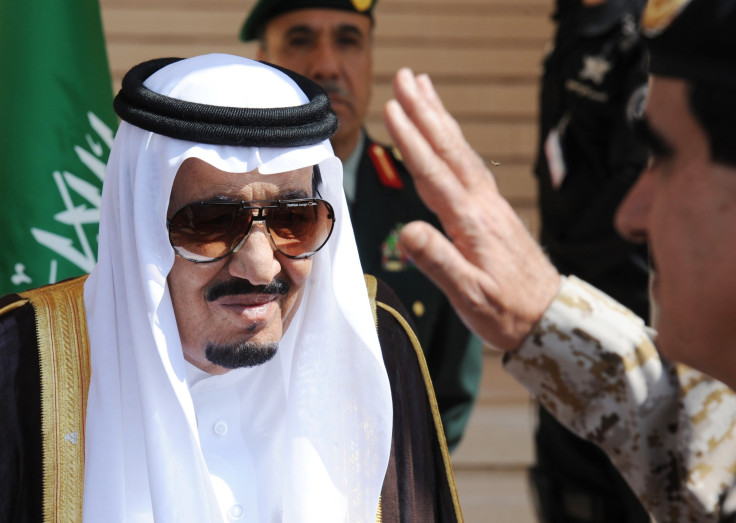Saudi Arabia Sabotaging Paris Climate Change Conference?

Negotiators and activists at the United Nations climate change conference in Paris accused representatives from Saudi Arabia on Tuesday of trying to sabotage a climate pact that would likely include a binding cap on carbon emissions, the Guardian reported. Saudi Arabia is one of the world's largest oil producers and Saudi leadership is accused of putting oil interests ahead of the need for climate action.
“They are seeing the writing on the wall,” environmental activist Wael Hmaidan told the Guardian, adding, “The world is changing and it’s making them very nervous.” Representatives from the Saudi government reportedly balked at the idea of carbon caps and at a proposal for decarbonizing the economy by 2050. They also rejected the idea of periodic reviews for climate negotiations.
The U.N. Climate Summit, which has lasted almost two weeks, is currently attended by 195 countries with the goal of drafting a legally binding agreement that would limit carbon emissions and other dangerous elements of climate change. Activists and leaders aim to have a draft of that pact by the end of the conference on Friday.
Saudi Arabia is one of the largest petroleum producers and exporters in the world and the burning of oil for fuel is a major contributor to pollution. Until the U.S. overtook the Middle Eastern oil giant in 2015, Saudi Arabia was the world's top producer of crude oil, accounting for 18 percent of the world's petroleum reserves, according to OPEC.
Saudi Arabia accused of trying to wreck Paris climate deal https://t.co/XX4mByGLYY
— Guardian US (@GuardianUS) December 8, 2015Revenue from oil is also an integral part of the funding for the federal government in Saudi Arabia and reduced demand for oil could hurt the government’s budget.
Worldwide reduced demand, particularly from developing nations, has already caused a glut of oil that pushed the price of oil to a seven-year low on Monday, Reuters reported. Brent crude oil, a worldwide benchmark, plummeted below $40 a barrel Monday, rivaling low prices in February 2009 following a recession.
© Copyright IBTimes 2024. All rights reserved.












